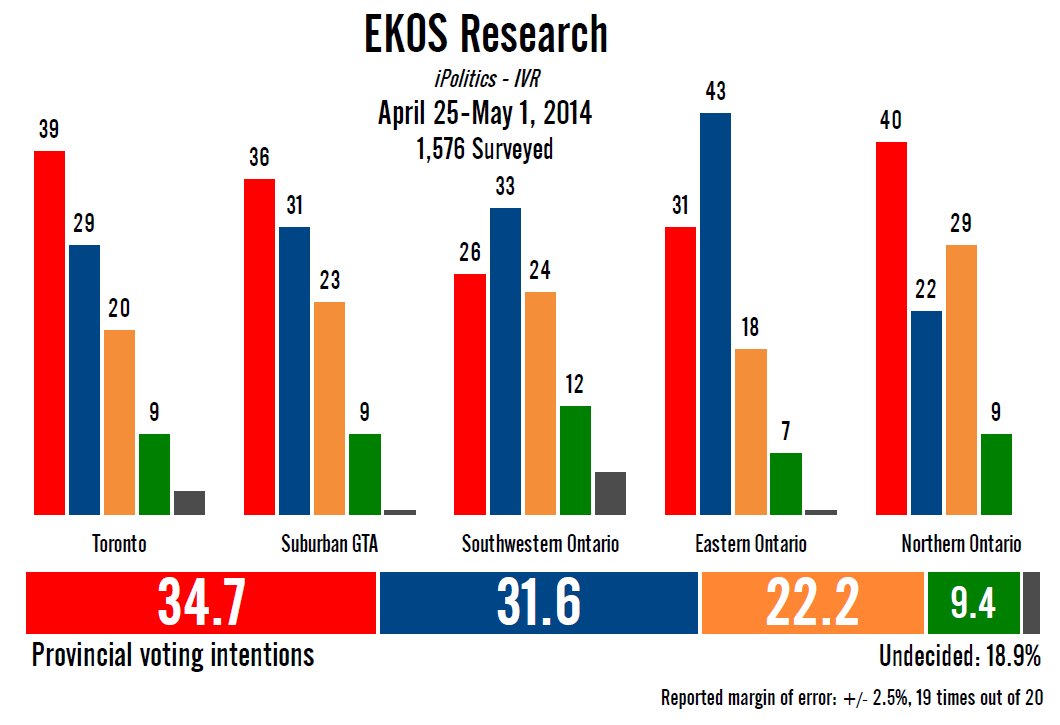One of the things that I’ve never succeeded in doing is figuring out how to do a popular or accessible presentation of some of the major findings in “voting theory.” The academic literature gets pretty complicated pretty quickly, but it has a single, unequivocal conclusion: of the basic family of voting procedures, none is intrinsically superior. If you start by working out a list of desirable, intuitively plausible criteria that you want a voting system to satisfy, you will find that no system satisfies them all. As a result, the best way to evaluate a system, in my view, is pragmatically – in terms of its likely consequences, which is to say, by the type of government and political dynamics that it is likely to generate.
There are, however, a huge number of organizations and activists pushing for various types of electoral reform – almost always claiming virtues for these systems that they do not possess.… Continue reading


